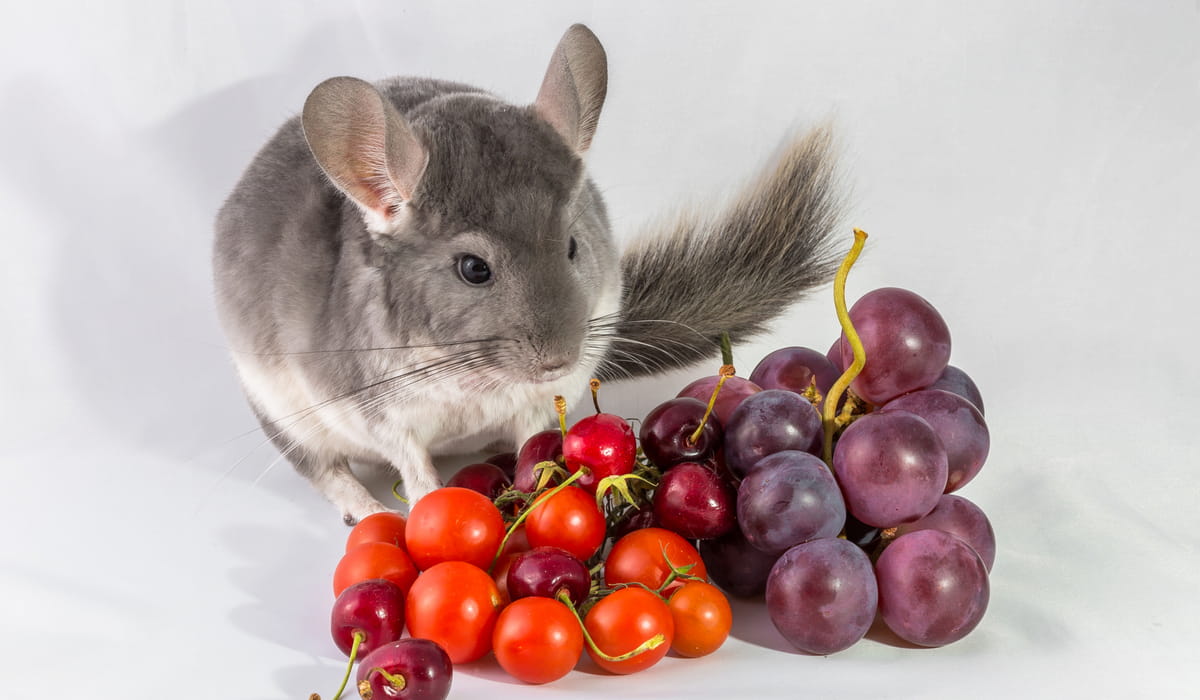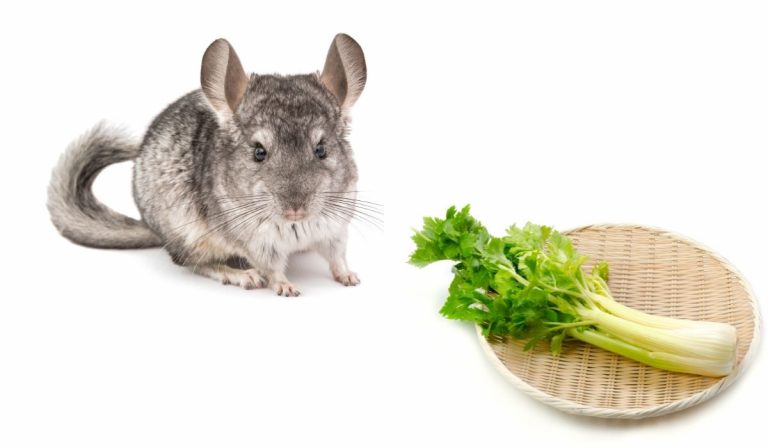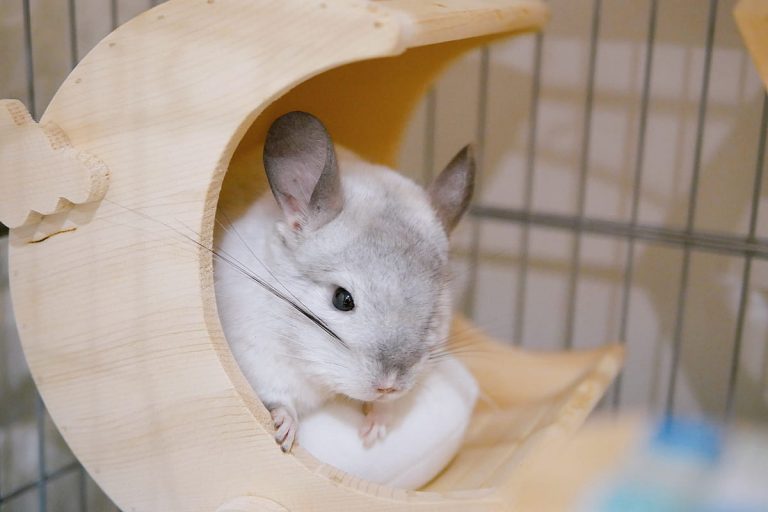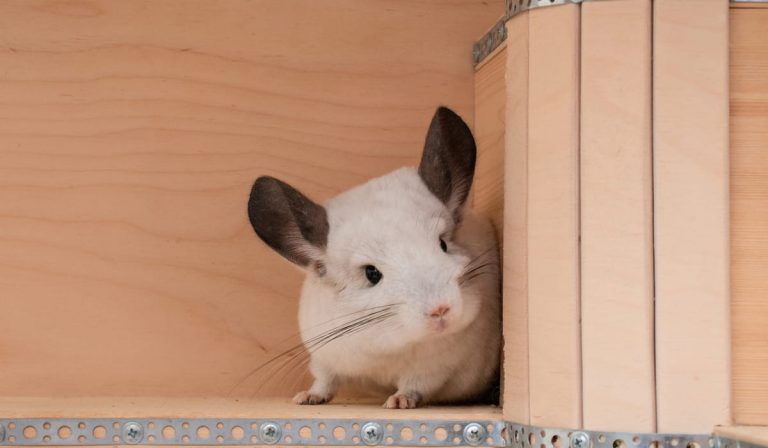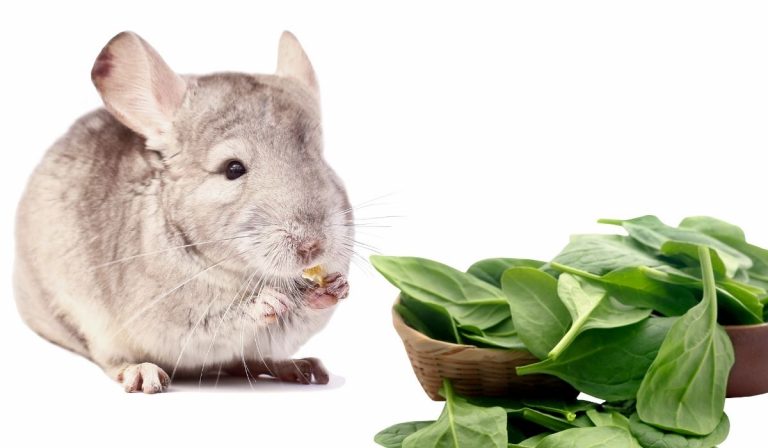Can Chinchillas Eat Grapes?
Chinchillas like sweet snacks, such as fruits. If you’re planning to give them occasional treats, you should opt to give them the healthier choices, such as fruits and vegetables. However, not all fruits and vegetables are safe for chinchillas to eat.
Chinchillas should NOT eat grapes. Grapes do not have the nutrients that are essential for the chinchilla’s health. Further, it can cause diarrhea and bloating which can be fatal for them. This is because grapes are water-based fruits which are not ideal for chinchillas to eat. Grapes have high acid and sugar content and lack in fiber, fat, and protein.
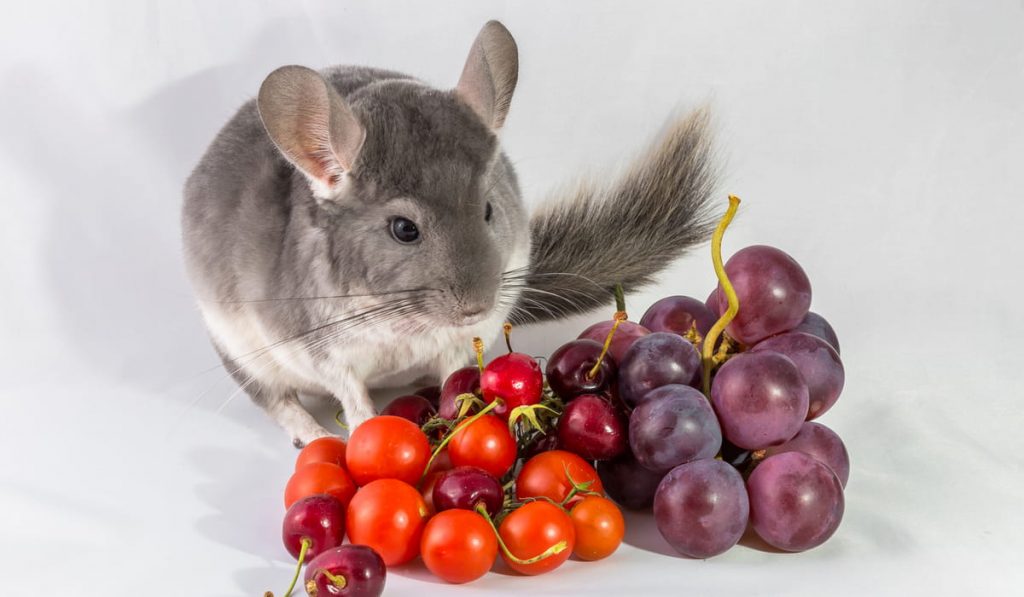
Do chinchillas like grapes?
Chinchillas like sweet treats, including grapes and other fruits.
They do not know the adverse effects of grapes, so they will gladly enjoy eating it even if it is bad for their health.
Why are grapes bad for chinchillas?
To help you understand why grapes are bad for chinchillas, let’s tackle grapes’ nutritional content.
- Fiber – There are only 0.9g of fiber per 100g of grapes. Fiber is an essential part of chinchilla’s diet and they need about 20 to 30g of fiber per 100g amount of food. Lack in fiber causes some serious health issues in chinchillas, such as their stools becoming too soft, and even runny.
- Water – Grapes have large amounts of water which is not suitable for chinchillas to consume. On average, chinchillas need around 10-15 percent of water per 100g of their food, but grapes contain 81 percent of water. This can also contribute to diarrhea.
Because grapes are composed of 81% water, it lacks other nutrients that are vital for chinchillas, such as carbohydrates, fat, protein, and calories.
Instead of providing nutrients for your chinchillas, grapes will cause bloating. This is because the fructose in grapes tends to ferment in the chinchilla’s stomach which causes gas.
Unfortunately, chinchillas are not good at passing gas. Once the gas builds up in their stomach, it can rupture the gut or stomach lining which can result in infections and internal bleeding.
Bloating can be fatal for chinchillas. If you insist on giving them grapes as a snack, this wouldn’t be a huge issue. However, giving them grapes in small but regular amounts can also make the gas build up over time, which can cause bloating as well.
In addition to bloating, grapes are also not good for chinchillas’ teeth. Sugary foods can cause dental issues, such as infection, impacted teeth, and overgrowth.
If the chinchilla has an existing dental problem, eating such foods can worsen their dental health.
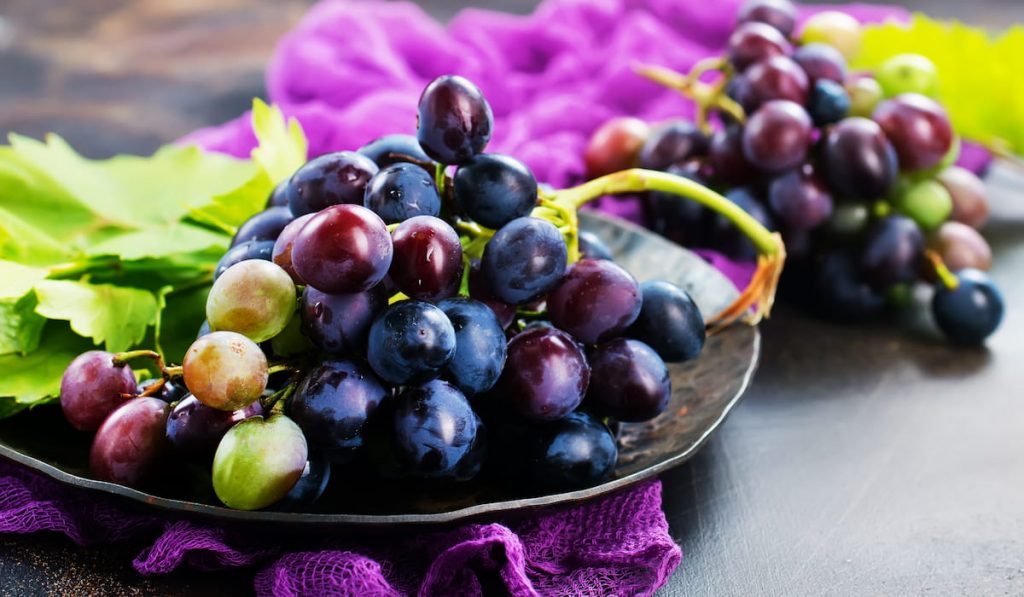
Are grapes poisonous for chinchillas?
Chinchillas will not get poisoned from eating grapes.
In fact, they will enjoy eating them. However, they have severe negative health effects to their body which is why it is not recommended to be included in their daily diet.
Can chinchillas eat white, green, and red grapes?
All varieties of grapes will give the same result to chinchillas, so it is not suitable for them to eat grapes.
Regardless of the variety, grapes contain almost the same amount of nutritional content – high in water and sugar, low in other nutrients that chinchillas need.
How many grapes can chinchillas eat?
If you insist on feeding chinchillas’ grapes as an occasional snack, limit it to a very small size. At most, slice your grape into quarters and feed one piece (1/4 of one grape). This shouldn’t instantly cause adverse effects to your chinchilla.
However, as mentioned earlier, gas can build up over time if you regularly feed them grapes even in small amounts.
With so many other awesome treat options for chinchillas, it really is best to avoid grapes all together.
How often chinchillas eat grapes?
Grapes should not be fed to chinchillas, but if you insist on doing so, limit it to about once per week.
Conclusion
Instead of feeding them grapes, there are better options that are safe for chinchillas to consume, such as rose hips and shredded wheat.
Chinchillas will enjoy eating these snacks just as much they enjoy grapes. Plus, their nutritional contents are close to chinchilla’s dietary needs.

